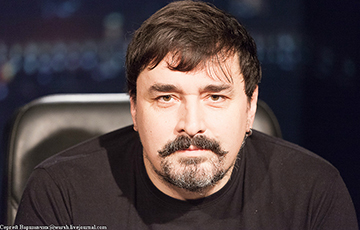The Earth Began To Rotate Faster And The Day Shortened By 1.3 Milliseconds
5- 15.07.2025, 20:12
- 8,954

What are the consequences of this?
On July 9, 2025, the Earth made one of the fastest rotations in recent years - a day shortened by 1.3 milliseconds compared to the usual 24 hours.
This is not an absolute record, but a serious signal for systems working with high precision synchronization: satellite navigation, stock exchange transactions and telecommunications depend on microsecond precision. Even such a small deviation from standard time can cause disruptions.
The reasons for the acceleration lie in the planet's complex dynamics. Factors include the tidal influence of the moon, movements in the Earth's core and mantle, and redistribution of mass on the surface. Scientists attribute this to melting glaciers, strong earthquakes and seasonal changes in water supplies.
According to forecasts, two more "accelerated" days are expected in the near future: on July 22, the duration of the day will be reduced by 1.38 milliseconds, and on August 5 - by 1.52 ms. This may prompt the international community to reconsider its approach to time coordination, including the discussed possibility of introducing the negative second - a step backwards in timekeeping to synchronize atomic and astronomical clocks.











